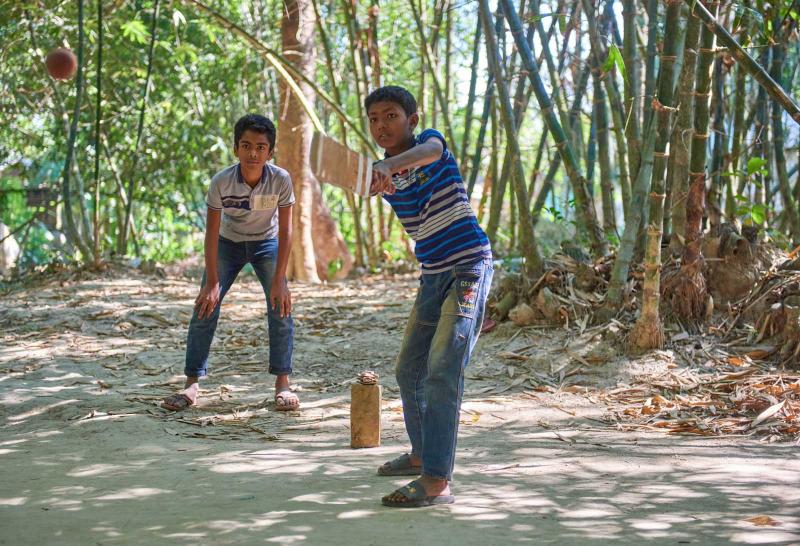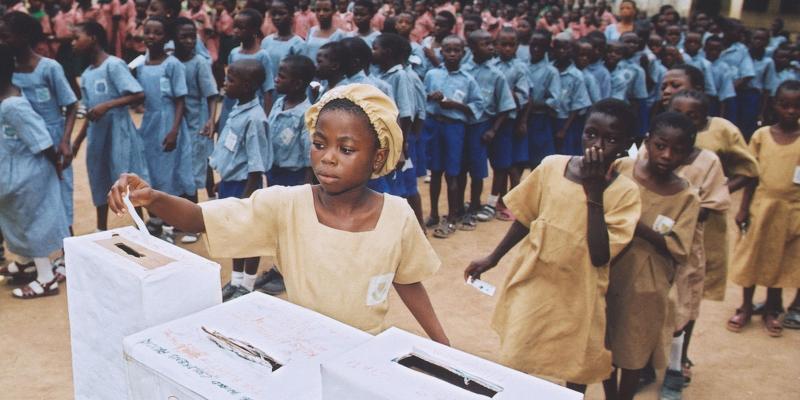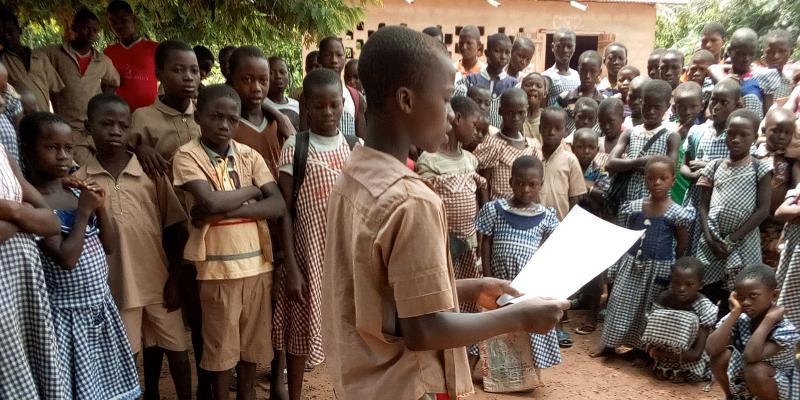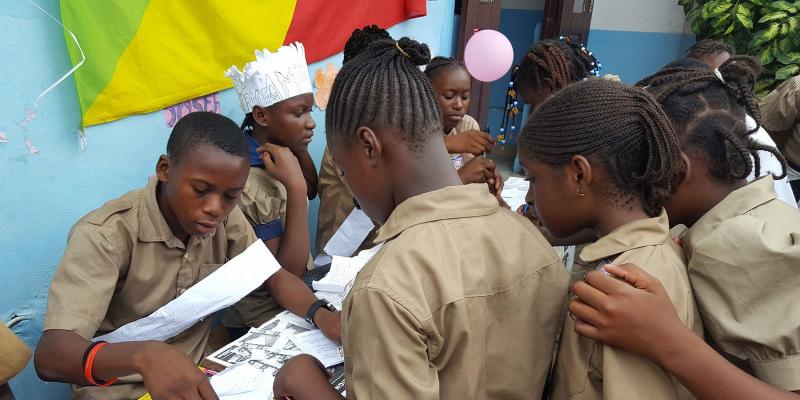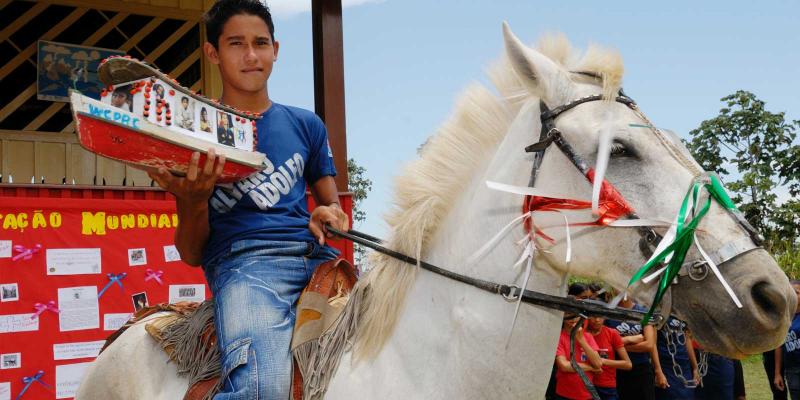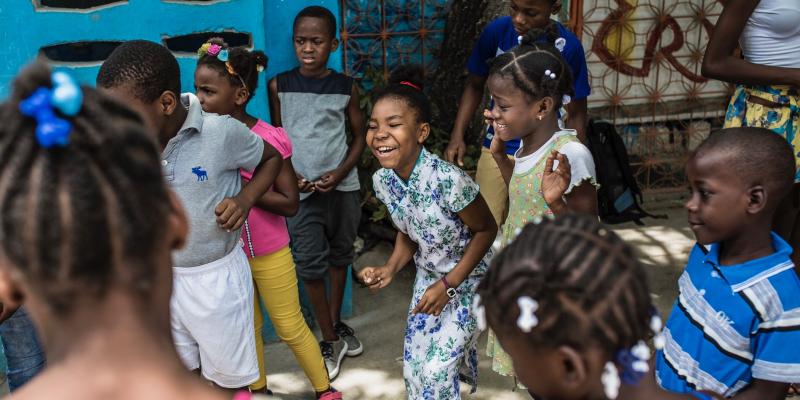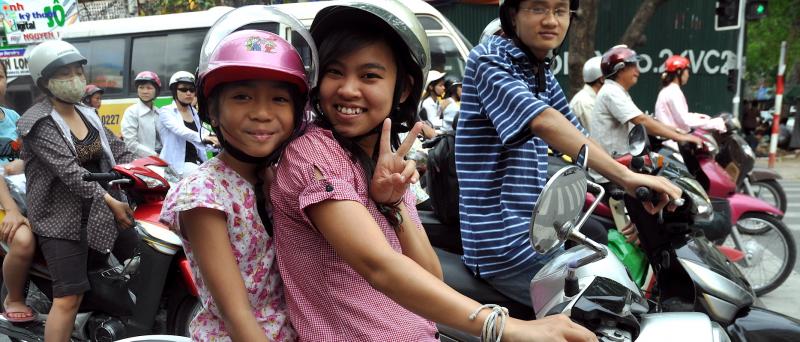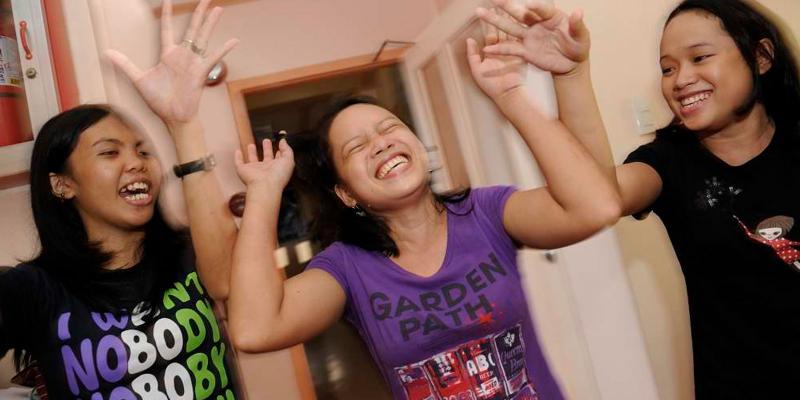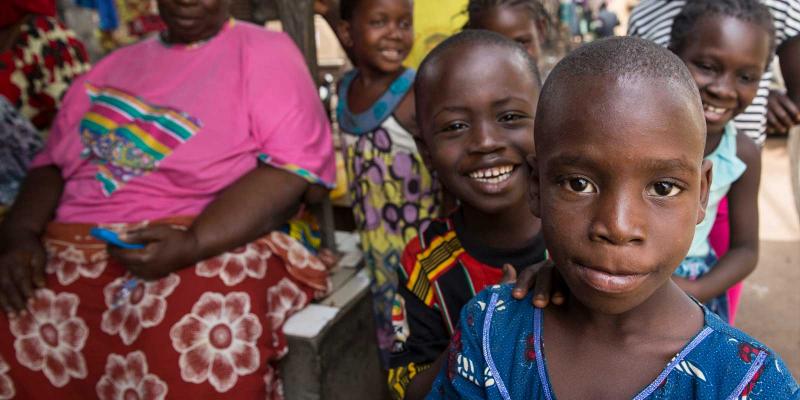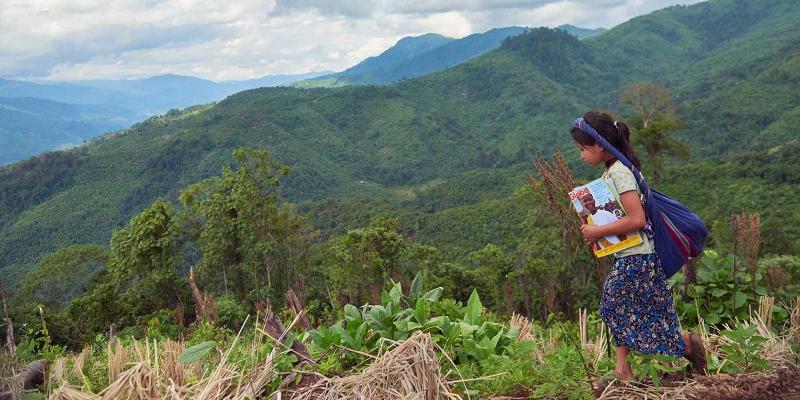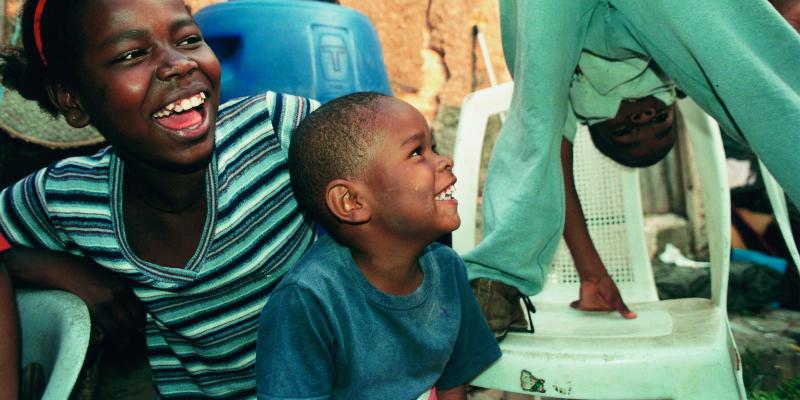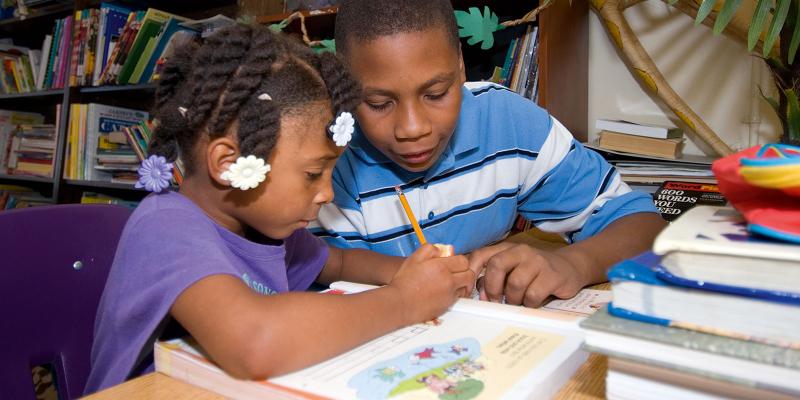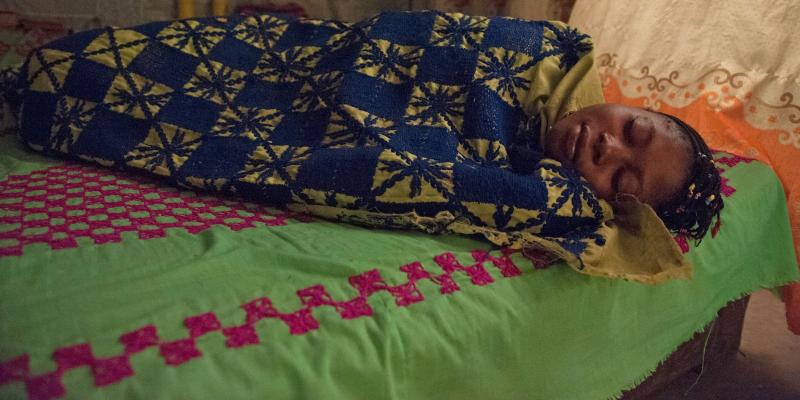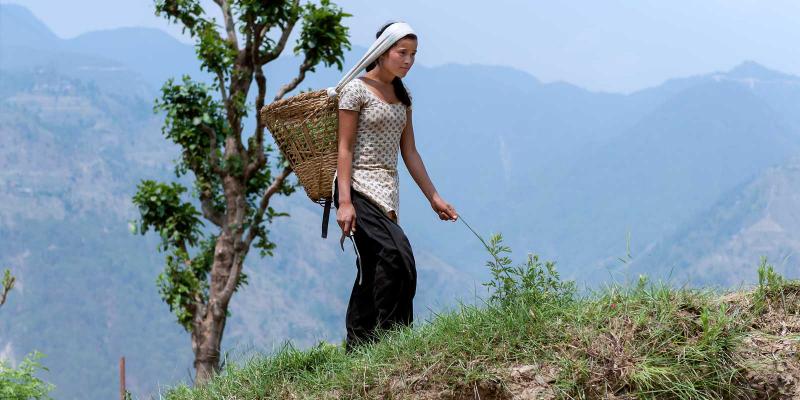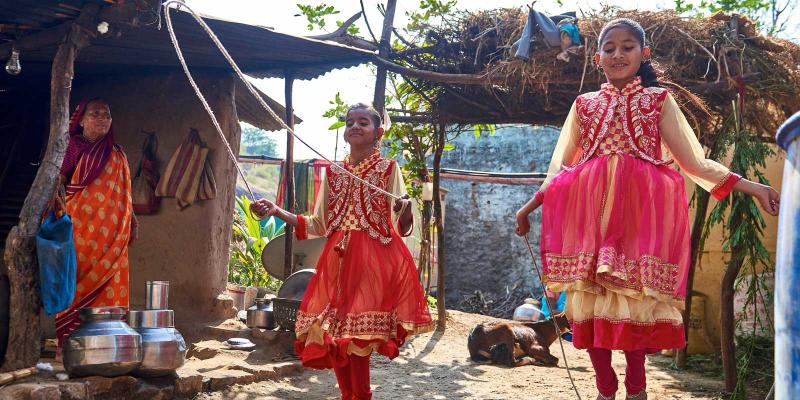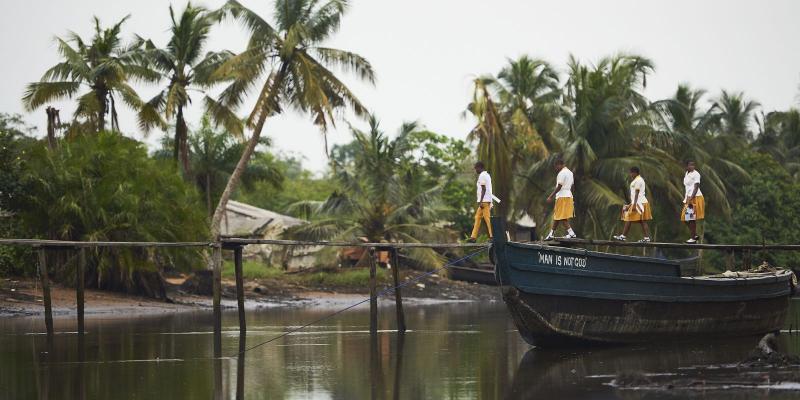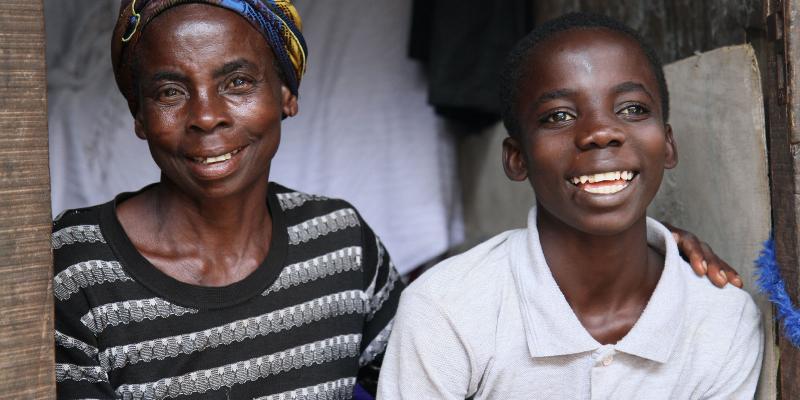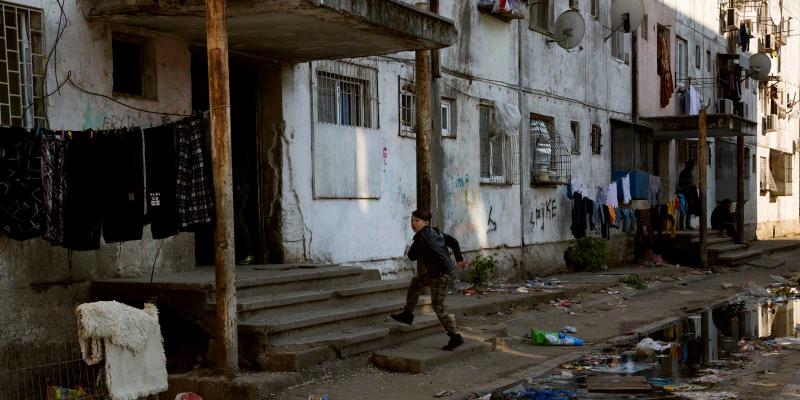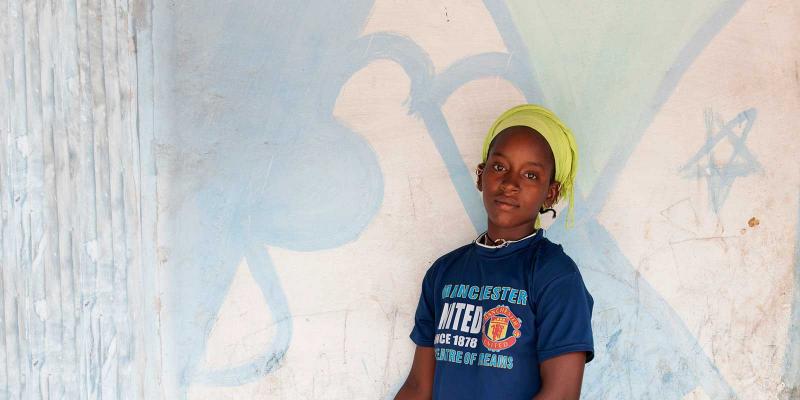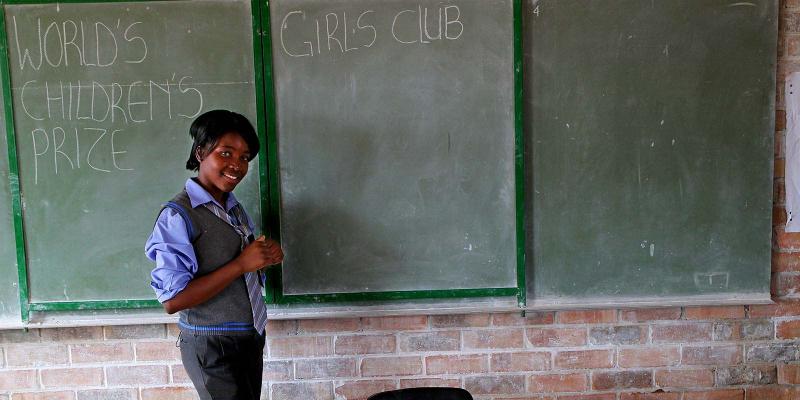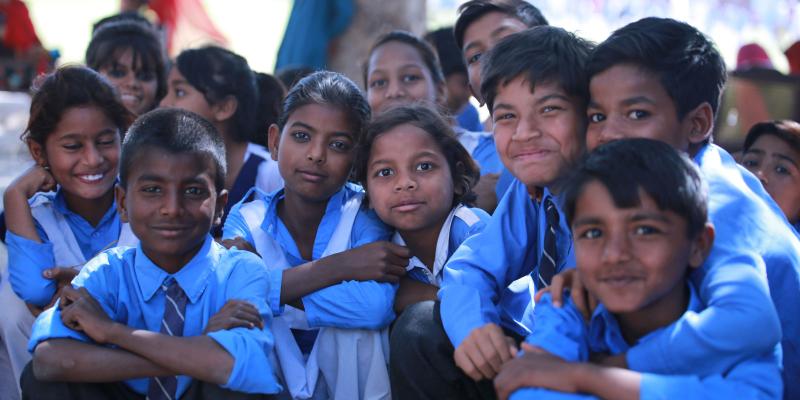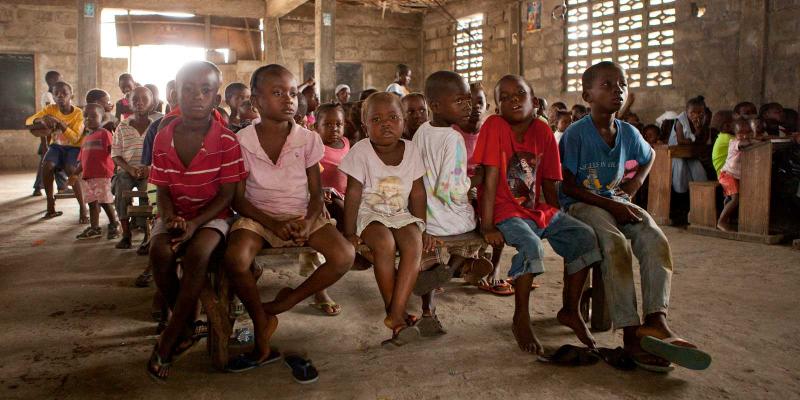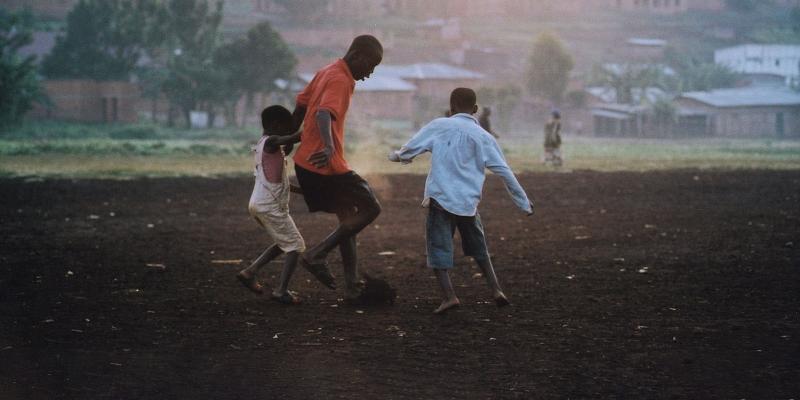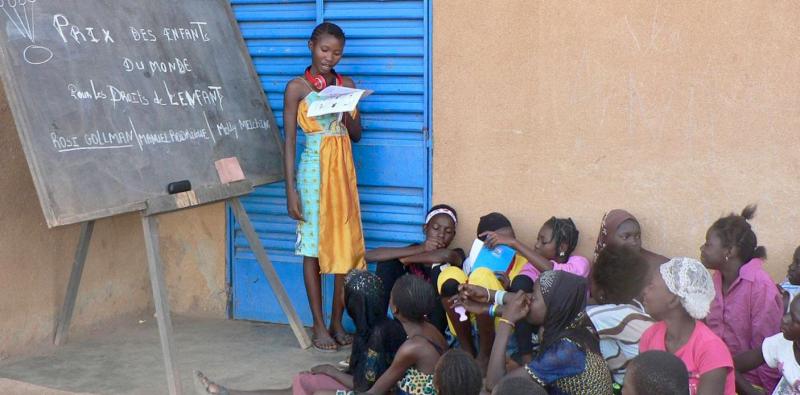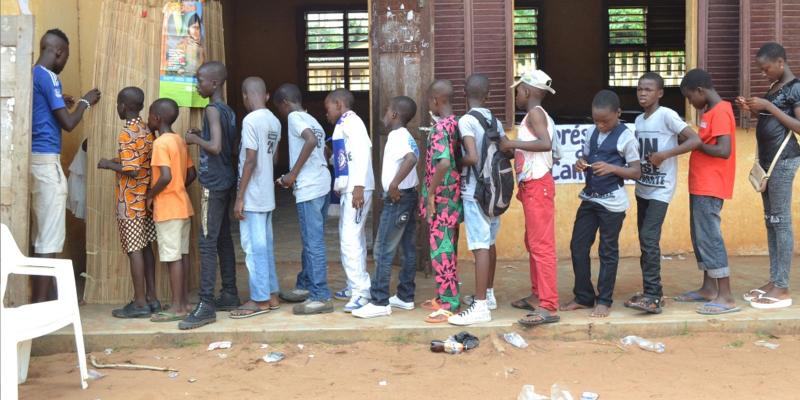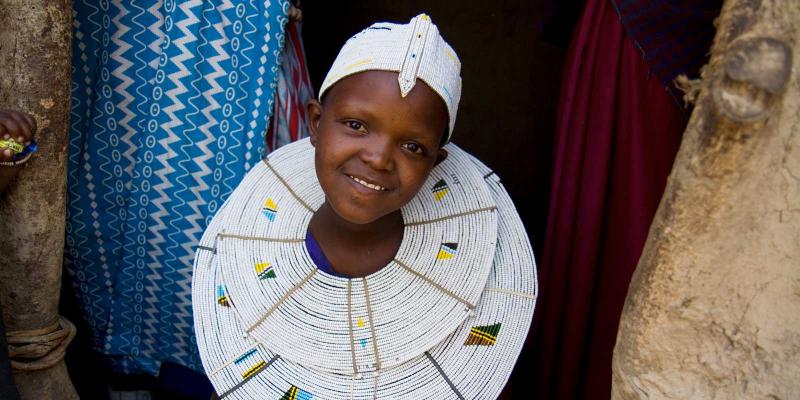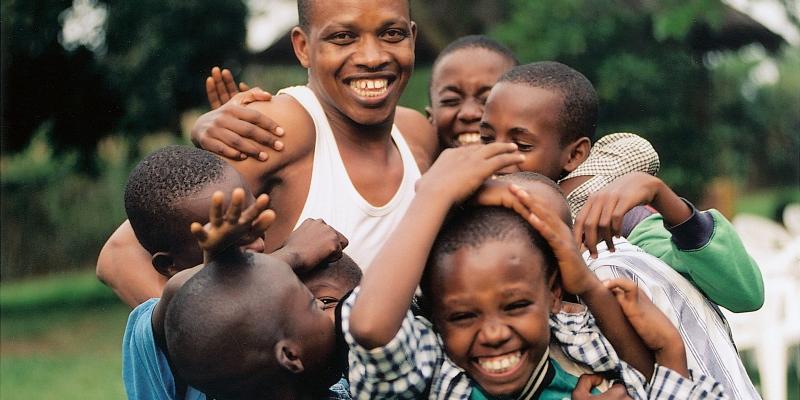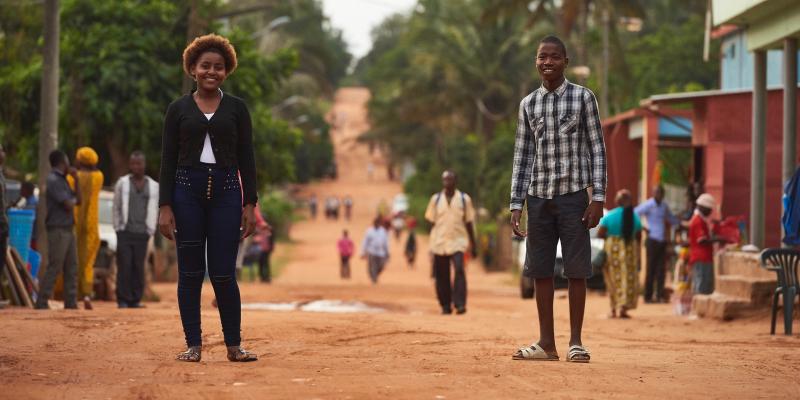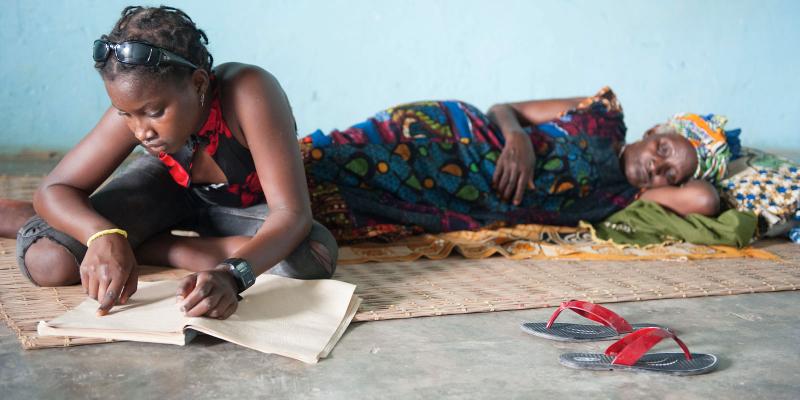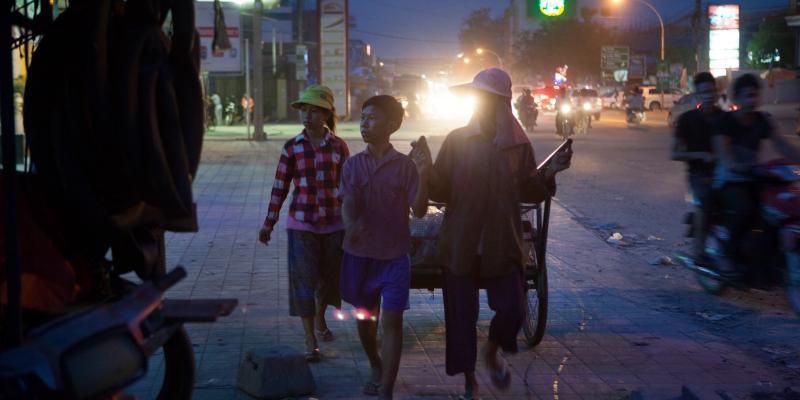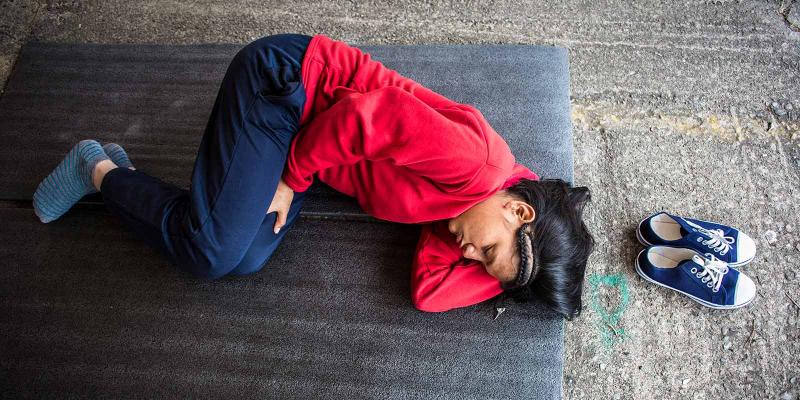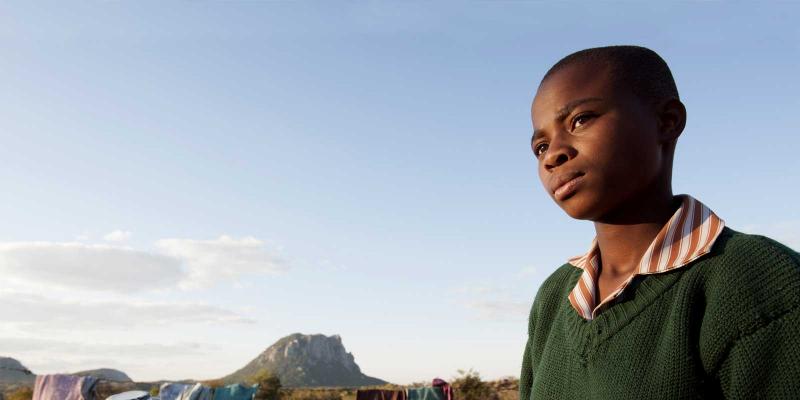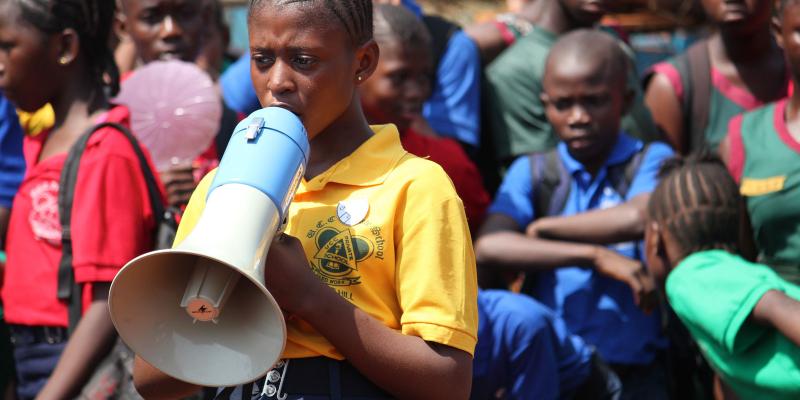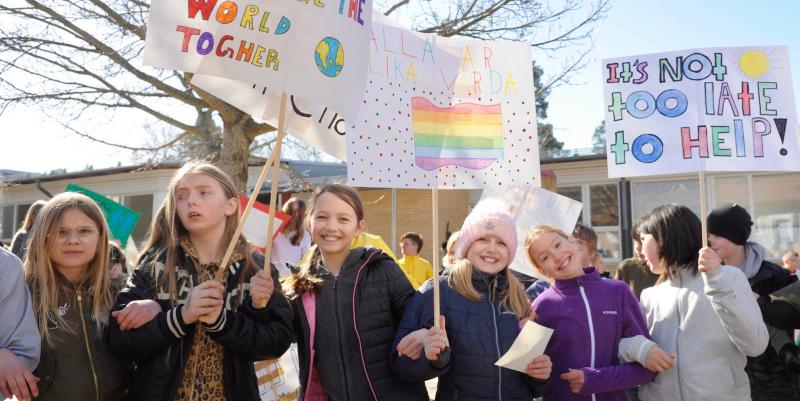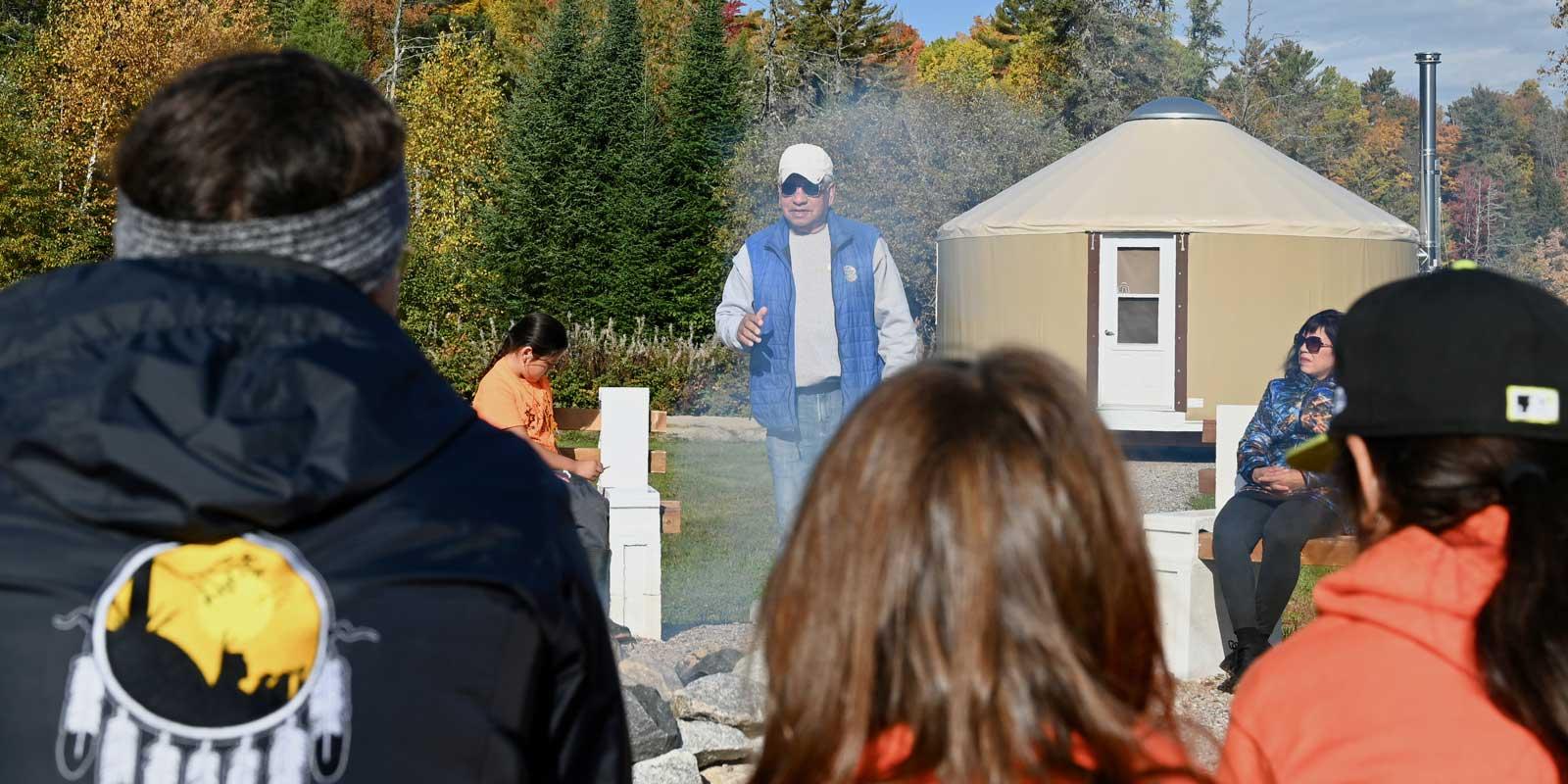
How are Canada’s children?
Canada has ratified (pledged to follow) the UN Convention on the Rights of the Child. This means that Canada must respect the rights of the child and listen to what children have to say. Are the rights of the child respected in Canada?
7.1 million children
37.7 million people live in Canada. 7.1 million are children, and 2 million of the children are under five years old.Name and nationality
From the day you are born you have the right to have a name and to be registered as a citizen in your country. 387,000 children are born every year in Canada. All of them are registered. There is documented proof that they exist, which make it easier for them to get health care and education.
Survive and grow
You have the right to life. Canada must do all it can to allow children to survive and develop. In Canada 1 out of 213 children (1,873 every year) dies before the age of 5, sometimes due to causes that could have been prevented. Indigenous children generally have poorer health and thus higher mortality rates than other children in Canada.
Health and wellbeing
You have the right to clean water, nourishment, healthcare and to privacy when consulting an adult about any health issue. Most children in Canada have access to drinking water and sanitation facilities. However, many Indigenous children, especially those living on reserves, lack access to basic resources such as clean drinking water and proper healthcare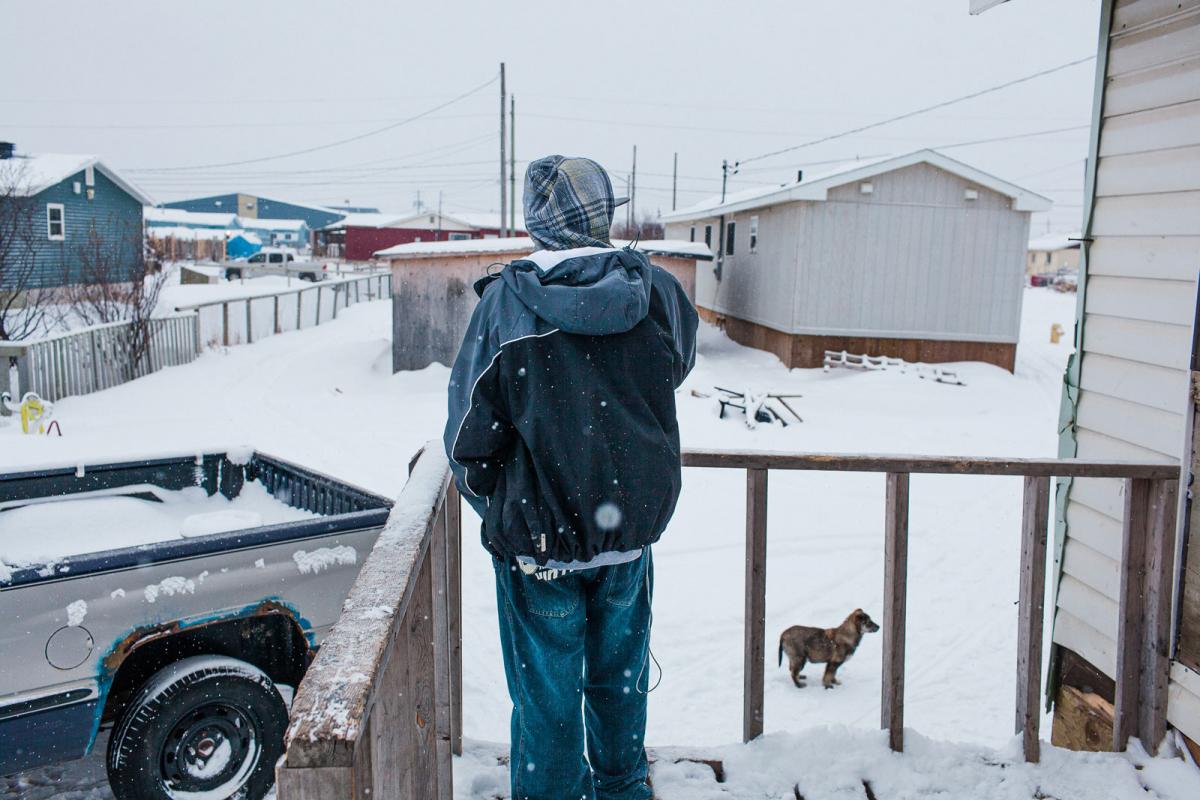
Life at home
You have the right to a decent living standard, a good home, food, clothing, and security. Overall, few children in Canada live in poverty. However, out of Indigenous children more than half olive in poverty. That does not just mean their family has little money. To live in poverty can mean that a child lacks all or any basic needs such as shelter, education, nutrition, water or health services.
Education
You have the right to go to school. Primary and secondary schools should be free for everyone. Indigenous children, especially those living on reserves, get less resources for their schools than other children in Canada.Violence
You have the right to protection against all forms of violence, including neglect, maltreatment and abuse. Many children in Canada are victims of violence both at home and in school. Girls are especially vulnerable to domestic violence. Canada has a huge problem concerning violence against Indigenous girls and women who disproportionately are abused, go missing or are killed. Some children are also exposed to false information, hate crimes and sexual abuse on the Internet. Only 65 countries have forbidden all forms of corporal punishment for children. Canada has not.Fler flickor och unga kvinnor som tillhör urfolk misshandlas, mördas och försvinner än andra i Kanada.Work
Few children in Canada have to work. You have the right to be protected against both economic exploitation and work that is hazardous to your health or that prevents you from going to school. All work is prohibited for children under 12.
Your voice must be heard
You have the right to say what you think about any issue that affects you. The adults should listen to the child’s opinion before they make decisions, which must always be made in the best interest of the child! Today, many children make their voices heard online but far from everyone. The digital divide is shrinking faster than before but still, less than 1 out of 10 children and young people in low-income countries have internet access compared to circa 9 out of 10 in high-income countries. In Canada most school-age children have access to the Internet. However, when it comes to rural and remote areas such as Indigenous reserves, and Inuit communities, less than half have access to high-speed internet.Related stories
WORLD'S CHILDRENS PRIZE FOUNDATION
Långgatan 13, 647 30, Mariefred, Sweden
Phone: +46-159-129 00 • info@worldschildrensprize.org
© 2020 World’s Children’s Prize Foundation. All rights reserved. WORLD'S CHILDREN'S PRIZE®, the Foundation's logo, WORLD'S CHILDREN'S PRIZE FOR THE RIGHTS OF THE CHILD®, WORLD'S CHILDREN'S PARLIAMENT®, WORLD'S CHILDREN'S OMBUDSMAN®, WORLD'S CHILDREN'S PRESS CONFERENCE® and YOU ME EQUAL RIGHTS are service marks of the Foundation.


x
x
x

